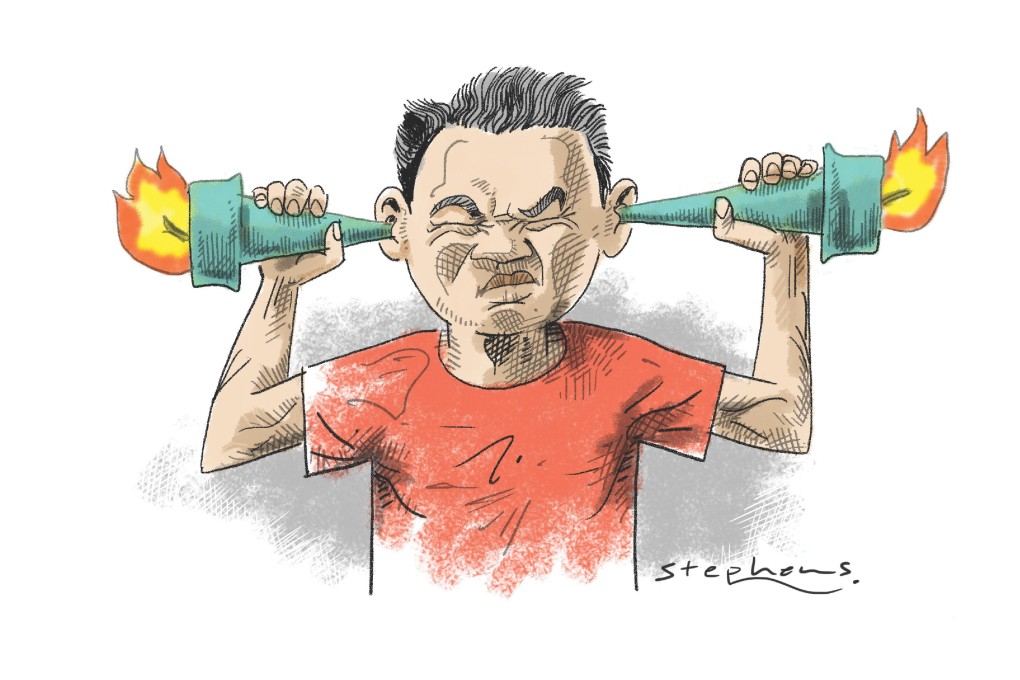Hong Kong democracy advocates need a reality check
Tom Plate is sorry that the opportunity for a historic one-man, one-vote election in Hong Kong - a first for China - is being squandered on the political nihilism of the pan-democrats

At least in the first phase of the 21st century, widely viewed as the Asian Century, all major engagements with China will prove of high significance. And the experience of Hong Kong, as part of China, may well prove the most significant of all. If its continuing process of integration - begun in 1997 when the curtain finally came down on British colonialism in Asia - proceeds apace, with goodwill and common sense on all sides, a most helpful precedent will have been established for all to observe.
But should Hong Kong's reintegration go off the rails of reason, the shock effect will be felt worldwide. The stakes, really, are no less than this.
The latest controversy in the political integration saga revolves around proposed rules and procedures governing the 2017 election of the chief executive via a one-person, one-vote poll. This gesture towards democracy in itself represents a departure for Beijing, and it is almost impossible to overstate its significance.
But a substantial portion of Hong Kong - the "democracy advocates" - takes a bleak view: that the government's political reform blueprint is nothing more than a cynical gesture from Beijing of towering insignificance. They do accept that the plenary election would be technically "democratic" - but only superficially, deceptively.
They claim to locate the devil in the details of the nominating procedure itself, which strikes them as rigged to produce only bland and lame candidates, rendering the electorate stymied from voting for real change - or (perhaps more to the point) for one of their own candidates.
In response, the local government (squeezed between stern critics and wary Beijing) points out that the new blueprint is in fact a responsive loosening of the original plan that triggered the Occupy protest last autumn. But the pro-democracy constituency is unmoved, and in fact has enough votes in the Legislative Council to prevent the necessary approvals next month. This would derail the first direct-democracy election of this magnitude in China in anyone's memory.
The pro-democracy critique of the admittedly complex nominating process reaches its dour negative conclusion based solely on speculative reasoning. It assumes that the 1,200-member nominating body, arguably roughly reflective of Hong Kong's sectoral sociology, will be impervious to reasoned argument about the public good, and that the whole schemata will prove nothing more than a grand puppet show, strings pulled by Beijing.
